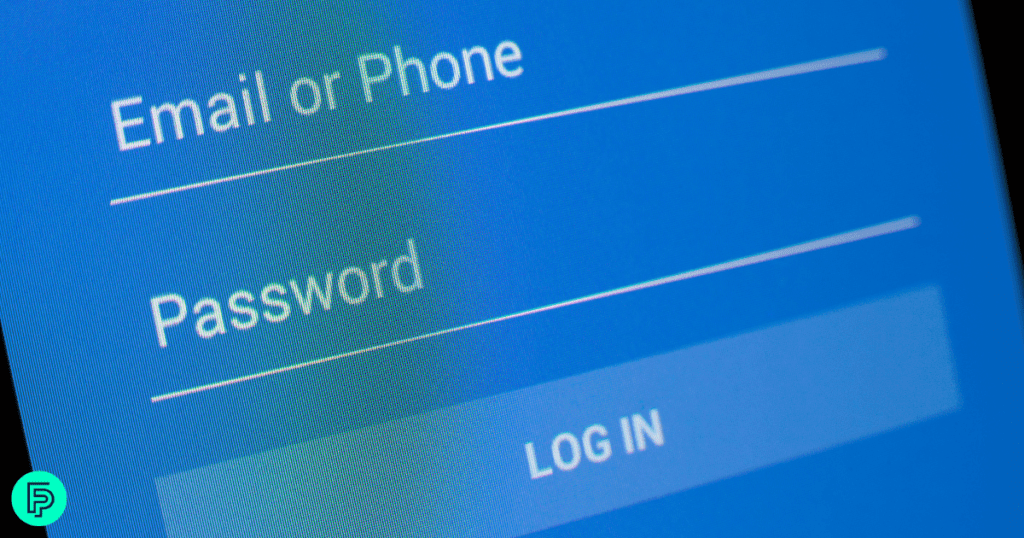The Fortinet FSSO collector and DC agent can be incredibly valuable tools. Throughout this blog, we’re going to give you the key points in configuring and how to install Fortinet FSSO and DC agent here.

As cyber-attacks become more sophisticated, the security framework of Zero Trust should be at the forefront of everyone’s mind, especially when protecting sensitive data.
The Zero Trust process involves authenticating every stage and device connected to a network before granting access to the infrastructure, based on the principle of “never trust, always verify”. Using authentication methods leverages network segmentation and provides threat protection. The concept was created to go against traditional methods which previously allowed users to have limited access to networks without a time limit.
Hybrid working environments are now the norm and more companies are migrating to the cloud. By adopting this approach, you can help your organisation achieve a higher level of security without added complexity.
The start point is to identify your most valuable data; and understand who your users are and what applications they use. You can then set about enforcing the approach.
The Zero Trust approach assumes that nothing should be trusted to enter a network. By implementing this approach, you gain more control over your security policies. Once you have a policy in place, it allows you to gain complete visibility of your network. This means you have access to information such as location, time, and applications used with each request.
Implementing Zero Trust can prevent malware attacks and unauthorised personnel from accessing your company’s data, thus protecting your reputation. By limiting user access to your resources, you can minimise the impact of a potential breach and reduce the time hackers have to access and steal data.
Using a Zero Trust Approach can help you optimise your network for your in-house teams. This gives them valuable data to access to help maintain your cyber security infrastructure. It can also help staff to focus on what are considered real threats instead of using time and resources on non-urgent tasks.
According to recent research, 63% of remote workers have the freedom to work from exactly where they want to. Due to the pandemic, many companies have set up numerous VPNs, but this has led to an increased risk of security breaches and performance issues. Zero Trust automation streamlines access to only the necessary resources on a device without the need for approval, which helps mitigate these risks.
Find out more about Zero Trust. Alternatively, contact a FullProxy expert to discuss how we can help today.
We’ve got decades of experience installing. configuring and optimising advanced security solutions for private & public sector organisations with complex security & compliance needs.

Scotland’s expert cyber security consultants, with the proven, premium expertise you need. F5, Fortinet & AppViewX specialists.
Get in touch to learn more about how we can help secure your environment and get quicker ROI from your investment.